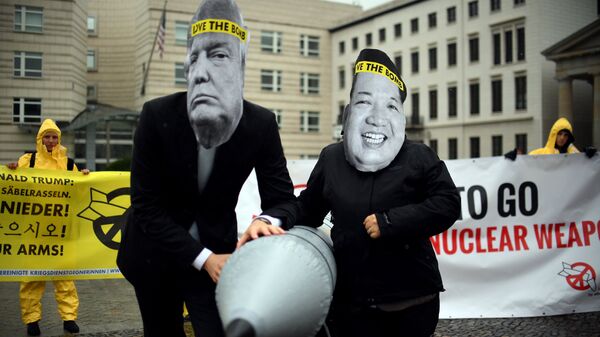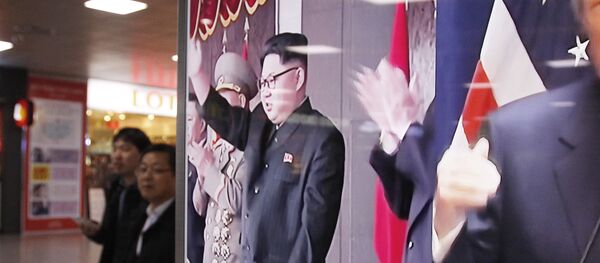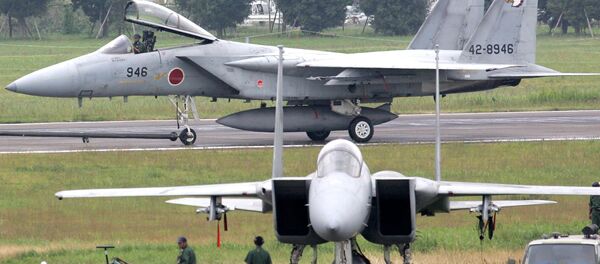The Council for Security Cooperation in the Asia Pacific (CSCAP) counts North Korea and the US among its members, and so the sidelines of their upcoming conference may present a rare opportunity for representatives from Pyongyang and Washington to discuss avoiding a nuclear war on the Korean Peninsula.
Expected attendees include Joseph Yun, the US special representative for North Korea policy, and Choe Jin, the vice chief of DPRK Foreign Ministry's office for peace and disarmament.
The US State Department announced that Yun's mission, which involves a stop in Japan from Monday to Wednesday before traveling to Thailand, is part of Washington's efforts to "strengthen the pressure campaign" against Pyongyang following their November 29 test of a new intercontinental ballistic missile (ICBM).
"The United States looks forward to continuing its partnership with both these nations so that the DPRK will return to credible talks on denuclearization," the State Department added.
Yun elaborated on his approach to the crisis on the Korean Peninsula in a Thursday speech in Washington, DC. "So far, I can report no real progress on diplomatic engagement. So really… there is no choice but continued pressure policies."
However, Yun added, this could change if North Korea ceased missile and nuclear tests and informed the US that they were doing so.
The State Department showed evidence of a pivot on Wednesday when Secretary of State Rex Tillerson publicly stated that the US was willing to talk to North Korea "whenever North Korea is ready to talk, and we're willing to have a first meeting without preconditions."
The CSCAP conference may be the perfect place to have such a meeting, at least unofficially. The South Korean Unification Ministry has voiced their support for such talks.
Thailand is a firm US ally, but they also maintain diplomatic ties with North Korea. Some experts have suggested that Bangkok could play a pivotal role in defusing the crisis.
"The DPRK has one of its largest embassies in Bangkok, making it a good place for Yun to conduct some quiet diplomacy," said Christopher Green, a PhD candidate at the University of Leiden in The Netherlands, to NK News. "It would not be the first time Thailand has served as a venue for talks.
"With that being said, Thailand also has trading relations with the North Koreans, and we know the Trump administration is keen to shut down both legal and illegal trade with Pyongyang."
Mid-December is shaping up to be a pivotal period in the Korean Crisis, with South Korean President Moon Jae-in also on the road, travelling to Beijing for four days of negotiations with Chinese leaders.





